There is something special about passionate people who create products that celebrate the natural indigenous ingredients that come from one place, making them truly unique. Lorna Scott, the entreprenurial inspirational behind the fabulous Inverroche gin brand, is one such passionate creator and brand builder, inspired by the natural botanicals that grow in the world’s smallest yet richest floral kingdom.
LoA found out more about this uniquely South African gin brand with a global reach.
What does your company do?
Inverroche Distillery produces fynbos-infused gin. Our spirits are distributed throughout South Africa and in 14 countries including Europe, America, Asia and Africa.
"Nature’s extraordinary bounty of rare, aromatic medicinal and culinary herbs, flowers and berries, which grow all around us, was the main inspiration to create a range of uniquely South African gins."
What inspired you to start your company?
Nature’s extraordinary bounty of rare, aromatic medicinal and culinary herbs, flowers and berries, which grow all around us, was the main inspiration to create a range of uniquely South African gins.
Why should anyone use your service or product?
Our spirits taste awesome. Our three flavours of gin are different, soft and full of complex aromas and flavours. They are the Classic – a crisp, refreshing, clear spirit with sweet citrus top notes: Verdant - a silky smooth floral spirit with subtle liquorice and almond top notes, infused with late summer blooms which give it a green tinge; and Amber - a luscious, full-bodied spirit with a dry spicy finish turned a soft amber colour by the infusion of tannin-rich coastal fynbos. The gin is made in small batches in Meg our 1000 litre pot still and individual bottles are numbered by hand. The response from people who taste them is “unexpected and surprised”. Interactive experiences from tutored tastings lead to consumers becoming innovators – introducing friends to a new way of drinking gin. Gin is trendy and fynbos gin is super trendy. As a premium-priced, sophisticated spirit in elegant packaging it has become a status symbol – affirming personal worth and has become a way of starting a conversation - about where and why we make it and why and how you drink it. Our spirits are a potential new national icon – moving away from brands which depict African spirits as wild and untamed to one of a modern cosmopolitan Africa which is sophisticated and world class. Our gins are affordable luxury items. A choice of three leads to loyalty and taking ownership of your favourite. The story behind our fynbos-infused spirits inspires and resonates across all cultural, social, economic barriers. Our products are in tune with many green and responsible sentiments and they support enterprises which demonstrate a responsibility towards sustainable development and social upliftment. Our enterprise is a return to traditional values: handcrafted, family concerns, small batches, made real slow, authentic and unusual.
"Our gin, which is distilled from the very botanicals that have been used by humans for more than 250 000 years, gives us this sense of belonging. The idea of making gin was born out of that."
Tell us a little about your team
Inverroche is a family business. My son Rohan, 23 and daughter Lauren 20, work alongside me in product development, strategic planning and marketing. Lauren who studied culinary art, is also developing a range of fynbos-inspired food products which she intends to launch in 2018. We currently employ 25 staff at Inverroche, of which 75% are women. I am also fortunate to have Annette Pienaar on my team, the horticulturist who helped me discover and explore the potential of fynbos and who turns 78 this year! Her background in fynbos cultivation is being put to good use in expanding the supply of fynbos the distillery must have to produce our gin. She is also the creator of our popular “gin jams” sold from the Inverroche Distillery’s shop.
Share a little about your entrepreneurial journey. And, do you come from an entrepreneurial background?
After living in Scotland for 20 years, I returned with my children to Still Bay, where my family has lived for a few generations. I bought a small farm, and was involved in local community work and economic development. It was while working with the Department of Agriculture and a group of women farmers to investigate the potential of using indigenous plants with commercial potential that I discovered fynbos. On the distilling side, we were on holiday in Italy many years ago and I bought a baby pot still, which I used to experiment with at home for a few years. So, it really started as a hobby, nothing more. I became a deputy mayor, and part of my portfolio was to further develop the ‘green’ aspects of the projects I was already working on. So I went back to university at the age of 55 to do an executive course on sustainable development. In the process I realised that we have the most incredible potential in our region to bring people together and to create awareness around the need to protect the world’s smallest and richest floral kingdom. My business idea was to create a product which could tell a story of a place where man has lived for millennia in harmony with nature, sustained by the rarest of plants at the tip of Africa. A place all humans alive today may call home. Our gin, which is distilled from the very botanicals that have been used by humans for more than 250 000 years, gives us this sense of belonging. The idea of making gin was born out of that. Gin is the only spirit that you create by infusing natural botanicals in a neutral spirit. So I could play. I could work with this palette of 9 500 different flora and species of which the majority are aromatic and have a history of medicinal and culinary use.
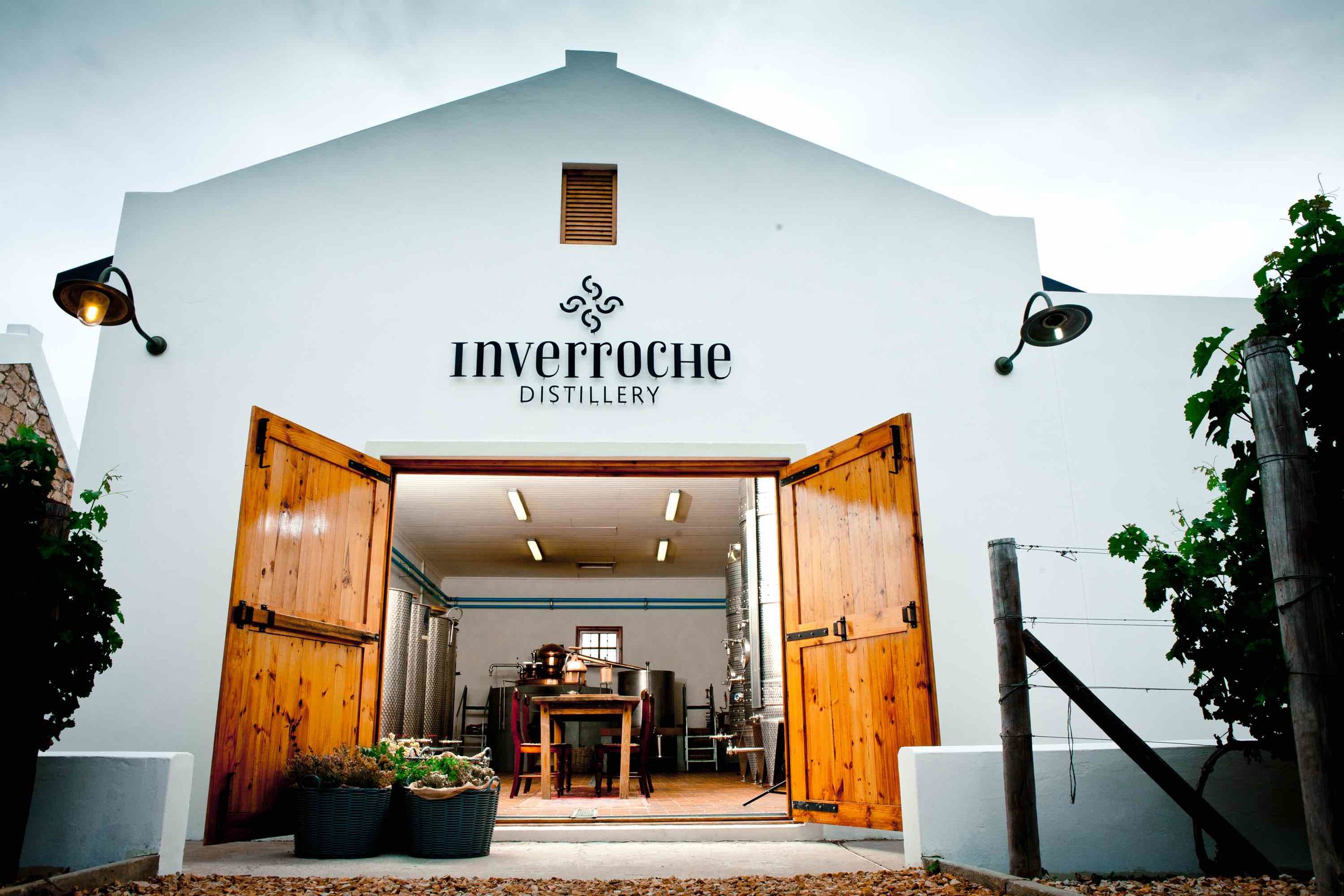
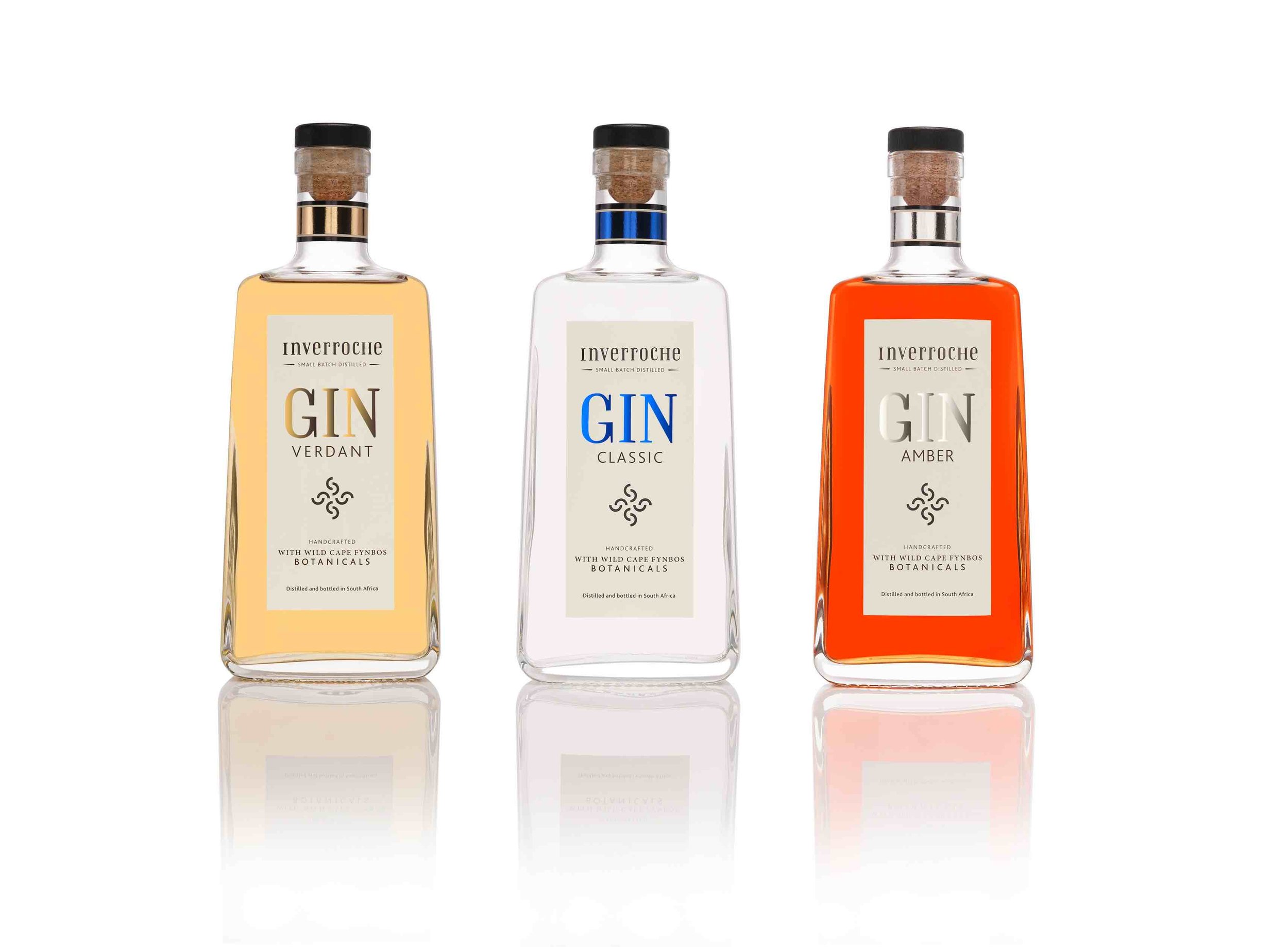
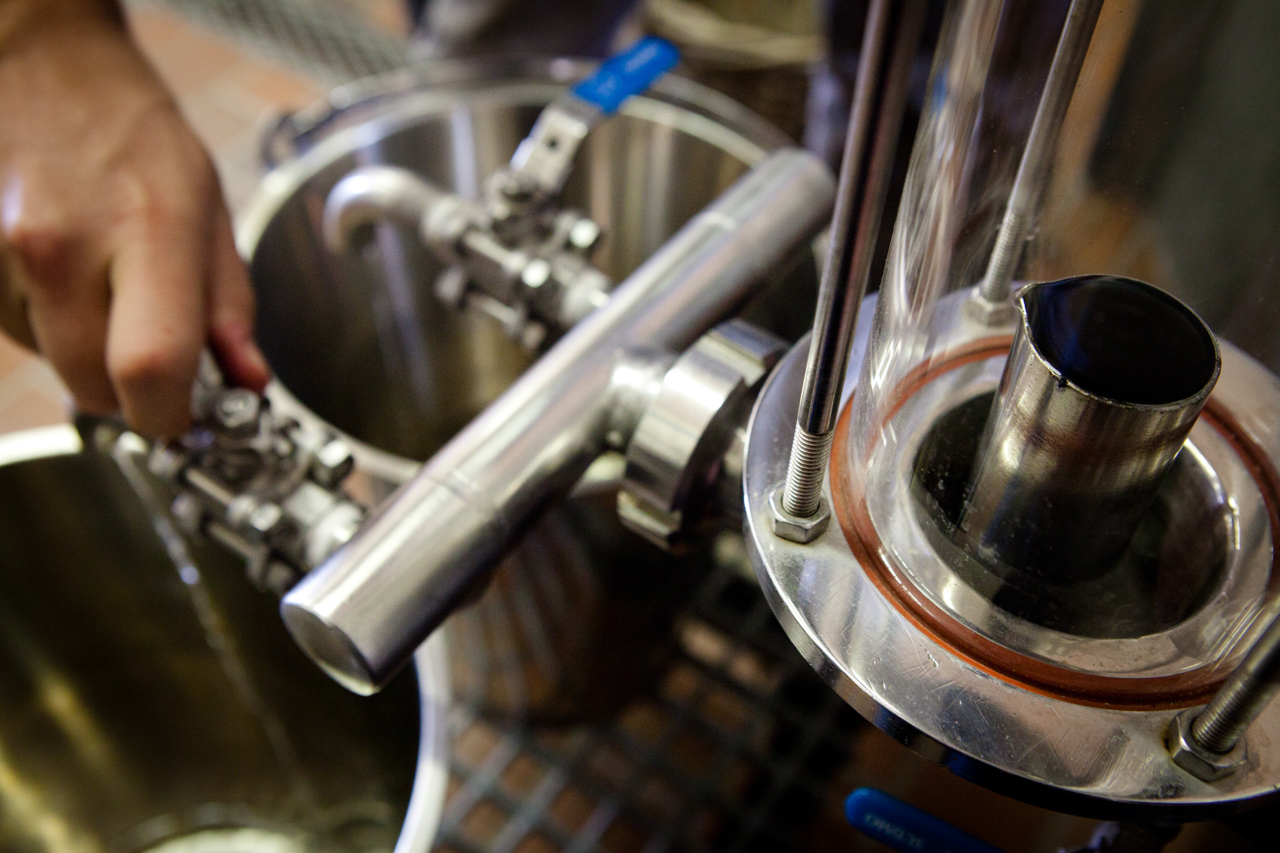
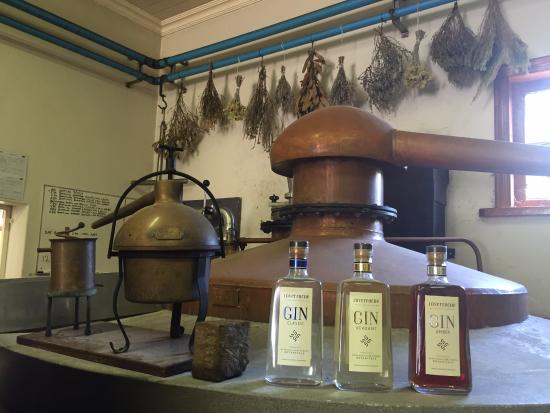
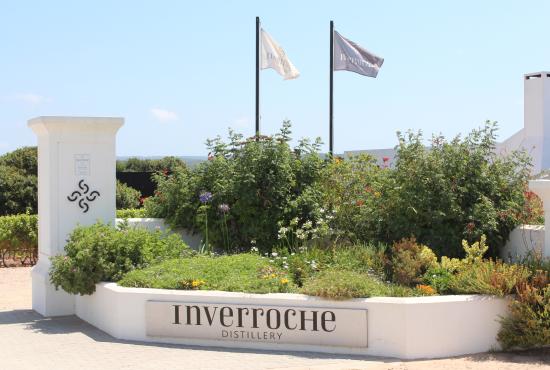
"Our gin is made in small batches in Meg our 1000 litre pot still and individual bottles are numbered by hand."
What are your future plans and aspirations for your company?
I am building a global brand which will remain authentic and retain its unique sense of place. Despite the temptation to go big and commercial, we continue to grow the business organically. Our strategy in meeting the growing demand is to retain full control of production, process and principles. We add additional pot stills and “stay small but produce big”. We, therefore, continue to make gin in exactly the same manner as at the start, in small batches and bottles, label and number by hand. Fynbos is outsourced to local farmers and propagated under controlled conditions in various private nurseries, established in the natural environment and we continue to hand-pick leaves and blooms to encourage re-growth. This approach is essential for sustainable growth and employment, which is key to our brand.’ It’s not about taking advantage of economies of scale – we are about empowering people.
What gives you the most satisfaction being an entrepreneur?
Being the master of my own destiny. The freedom to create products I know fill the demand for something unique and delicious, the authority to ensure that every aspect of my business remains authentic and the confidence that my personal ethics are reflected in everything we do.
"Our enterprise is a return to traditional values: handcrafted, family concerns, small batches, made real slow, authentic and unusual."
What's the biggest piece of advice you can give to other women looking to start-up?
Things change, sometimes overnight and often without warning – that’s the only thing you can be sure of - remain flexible and ready to adapt your strategies, but not your vision and goals - and get a good accountant right from the start to help you make informed financial decisions.
Contact or follow Inverroche Distillery
WEBSITE | FACEBOOK | TWITTER | INSTAGRAM | EMAIL lorna@inverroche.co.za
Why LoA loves it….
At LoA, we love those women entrepreneurs who turn passion into business, and who are inspired by a combination of place and people. For Lorna Scott, her inspiration for creating one of the most successful and unique gin brands is all around her in the natural botanicals that grow on her doorstep in the Western Cape of South Africa. Her Inverroche brand is winning fans from around the world, at the same time as creating economic opportunities for the community where it is so proudly produced. --- Melanie Hawken, founder and editor-in-chief of Lionesses of Africa










